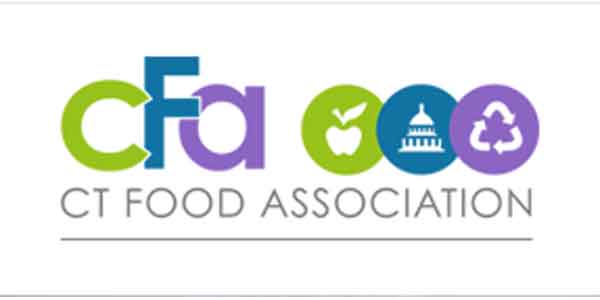In March 2023, the Federal Trade Commission (FTC) released a report accusing three national grocery retailers of exploiting pandemic-era supply chain disruptions to inflate prices and pad profits. The report suggested that large national chains leveraged their market position to impose stricter supplier demands, consolidate private label brands, and ultimately pass higher costs onto consumers—all while their profit margins remained elevated.
However, the FTC’s findings lacked crucial context. The report failed to account for real-world inflationary pressures, rising labor costs, and supply chain volatility—factors that forced businesses across industries, not just grocery retailers, to adjust pricing structures. It also ignored the role of manufacturers and suppliers in setting prices, instead shifting blame solely onto food retailers.
Connecticut Attorney General William Tong seized on this flawed report as justification to launch an extensive investigation into grocery pricing last spring. Over the summer, his office demanded detailed cost and pricing information from every major grocer in the state. Yet after months of scrutiny, no evidence of widespread profiteering was found. Rather than publicly acknowledging this, Tong is now doubling down with HB 6854—a sweeping, overreaching piece of legislation that fundamentally mischaracterizes how businesses operate in a competitive market.
The Connecticut Food Association Pushes Back
The Connecticut Food Association (CFA), which represents retailers and suppliers across the state, has been actively pushing back against this false narrative. Throughout last year’s investigation, CFA worked to ensure lawmakers and regulators understood the economic realities driving food pricing. Industry leaders met with policymakers, provided data, and challenged misleading assumptions that ignored the complex cost structures retailers must navigate.
CFA has consistently emphasized that Connecticut’s food retailers operate in one of the most competitive marketplaces in the country, where prices are dictated by consumer demand, supply chain costs and the realities of doing business—not unchecked corporate greed. Despite this, the AG’s office has continued to misrepresent standard business adjustments as predatory practices, using political rhetoric instead of economic facts to justify its overreach.
Now, HB 6854 threatens to take this misinformation a step further by granting the attorney general extraordinary authority to declare “abnormal economic disruptions” and penalize businesses for standard industry practices, such as adjusting product sizes in response to rising costs. By conflating routine business decisions with illegal profiteering, the bill introduces regulatory uncertainty, increases compliance burdens, and inserts government overreach into a functioning competitive market.
Overreach Disguised As Consumer Protection
HB 6854 builds on this misguided narrative by allowing the attorney general to unilaterally decide when economic conditions warrant government intervention in private business operations. The bill arbitrarily bundles standard industry practices—such as modifying product weight or pack sizes due to rising costs—with illegal profiteering, fundamentally mischaracterizing how businesses operate and disregarding basic economic principles.
One of the bill’s most misleading aspects is its characterization of routine packaging adjustments—often referred to as “shrinkflation”—as price gouging. Price gouging involves exploitative price hikes during emergencies, while packaging adjustments are longstanding industry practices dictated by rising production costs. By falsely equating the two, HB 6854 creates unnecessary government interference in normal business operations, adding regulatory burdens that will ultimately drive up costs for consumers.
Government Resources And Expertise Don’t Exist
Beyond its flawed premise, HB 6854 also assumes the state has the ability to effectively regulate the day-to-day pricing and packaging decisions of thousands of businesses. Even if the state had the necessary resources—such as a dedicated staff of economists, which do not currently exist—it would still be impractical to monitor and manage the diverse pricing strategies used across industries. The bill’s broad and vague language would create confusion, increase compliance costs, and introduce government micromanagement where market competition and consumer choice already serve as natural regulators.
A Fight For Economic Common Sense
HB 6854 is not about protecting consumers; it is about expanding government control over private industry. It ignores the reality that consumers hold the power in a competitive marketplace, where businesses are incentivized to keep prices fair and transparent. Regulatory overreach of this magnitude will only create unnecessary costs, reduce choices, and stifle economic activity.
The Connecticut Food Association, along with business leaders across the state, remains committed to setting the record straight. They are working to ensure that lawmakers understand the true economic forces at play and reject policies based on political theater rather than facts. Connecticut’s food retailers deserve better than another baseless witch hunt—they deserve a fair and balanced regulatory environment that acknowledges the realities of doing business in an evolving marketplace.
Original article found at Food Trade News
